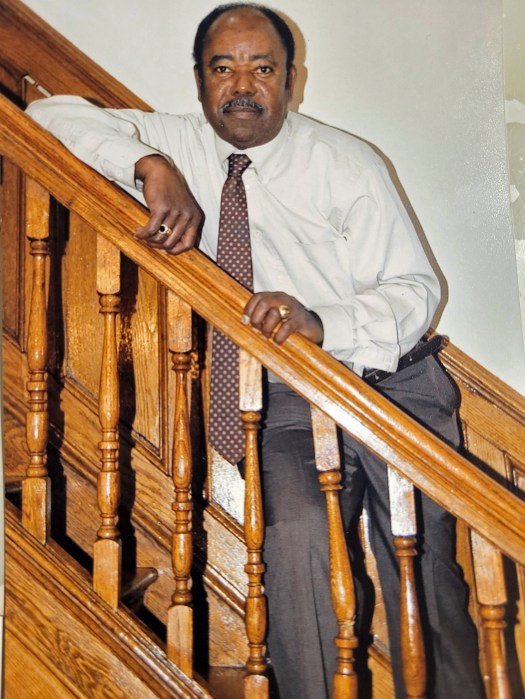Cubans with deportation orders say they have grown alarmed about a new bill recently introduced in the U.S. Congress that immigrant rights activists say could enable immigration authorities to re-detain indefinitely Cubans with criminal records who cannot be returned home.
Though there is no immediate prospect for the bill becoming law, some immigrant rights advocates say they are closely monitoring it because it was filed by Rep. Lamar Smith (R-TX), chairman of the powerful House Judiciary Committee and architect of 1996 laws that toughened immigration enforcement.
Immigration advocates say the Smith bill would essentially restore the ability of immigration authorities to hold indefinitely convicted foreign nationals until they can be deported.
The immigration service lost that power in 2001, and again in 2005, when the U.S. Supreme Court ruled that foreign nationals who, cannot be deported, should not be held in detention longer than six months.
While the Smith bill does not mention Cubans, activists say Cuban immigrants are likely would be among the most affected, if the law passes, because they make up one of the largest contingents of foreign nationals who cannot be deported.
But a staffer in the House Judiciary Committee that Smith heads said the bill does not target all “non-deportable” Cubans.
Rather, he said the bill targets “dangerous non-deportable criminal immigrants,” whether they are Cuban or from any other country.
The staffer said “prolonged” detention would be reserved for “murderers, rapists and child molesters,” though the bill itself does not list those specific crimes.
The bill refers to “aggravated felonies”, which, under immigration law, include other crimes, such as drug offenses.
The staffer also said that the bill would not be “retroactive,” though immigrant rights activists said language in the bill would allow immigration authorities to detain foreign nationals even if their deportation orders were issued before the bill is enacted into law.
“This bill is so sweeping that it would result in thousands of harmless immigrants being jailed for years, among them, asylum seekers and torture survivors,” said Susana Barciela, policy director for Miami-based Florida Immigrant Advocacy Center.
Ira Kurzban, a Miami immigration lawyer, considered a national authority on immigration law, said the Smith bill was an “attempt to reverse” prior Supreme Court rulings.
Cuban Julio Muñoz, who arrived in Miami, during the Mariel boatlift in 1980, said he spent more time in immigration detention than in prison over drug convictions.
He said he finally was freed when the U.S. Supreme Court in 2005 ruled that Mariel convicts could not be held in detention indefinitely just because they cannot be deported to Cuba.
“If they detain me again until I can be deported, I’d rather kill myself,” Muñoz told reporters.
Raúl Rodríguez, 53, another Mariel refugee with a final order of deportation freed from indefinite detention, expressed similar sentiments.
“I would hang myself if it came to that,” he said. “It’s like if you put a little bird in a cage, it dies of sadness.”

























